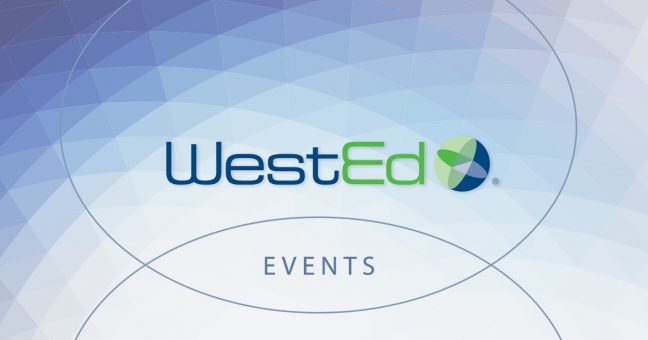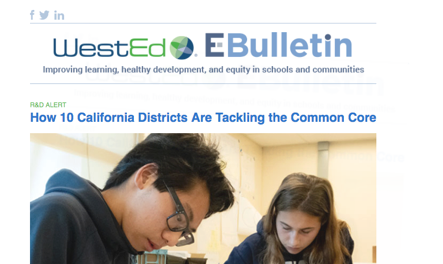
Kathy Booth, Project Director for the Economic Mobility, Postsecondary, and Workforce Systems team at WestEd, will co-present with Peter Bahr, Associate Professor at the University of Michigan, at the State Higher Education Executive Officers Association’s (SHEEO) 2024 Higher Education Policy Conference, held August 5-8 in Washington, D.C.
This annual Conference convenes leaders from state higher education policy agencies, national higher education policy organizations, institutions, and state and federal government.
Learn more about the session below.
Tuesday, August 6
 Session: Quantifying Outcomes for Short Term Students and Implications for Enrollment and Economic Mobility
Session: Quantifying Outcomes for Short Term Students and Implications for Enrollment and Economic Mobility
Time: 12:00 p.m.–1:30 p.m.
Location: Massachusetts Room 17
 Presenters: Kathy Booth (WestEd), and Peter Bahr (University of Michigan)
Presenters: Kathy Booth (WestEd), and Peter Bahr (University of Michigan)
This session will introduce conference attendees to more than a decade of research into “skills builders,” students who take a handful of career education courses. The presenters will clarify the characteristics of this population, their prevalence across states and economic cycles, common programs of study, earnings gains, and implications for economic mobility.
The presenters will map the skills builder research findings to common community college priorities such as building enrollment, serving adult learners, and strengthening stackable credential pathways. In this portion of the session, the presenters will share how other institutions responded to the research findings and provide opportunities for participants to reflect on how their institutions might respond to similar research.
The presenters will also help session participants conduct their own analysis and engage their colleagues with skills builder research. This will include sharing several free resources for identifying and supporting skills builders, including an easy-to-replicate methodology for pinpointing skills builder students and courses, examples of how skills builder analyses can be used to support student advising, and tips for addressing skepticism regarding findings.


